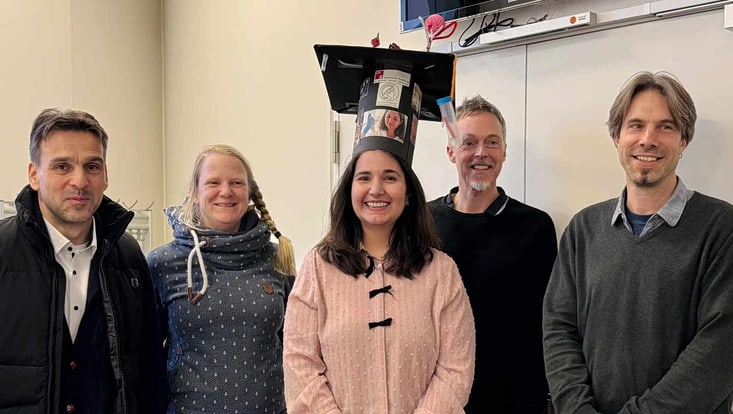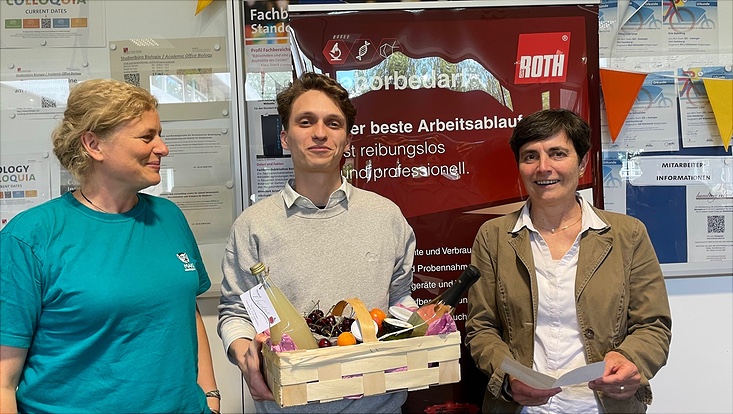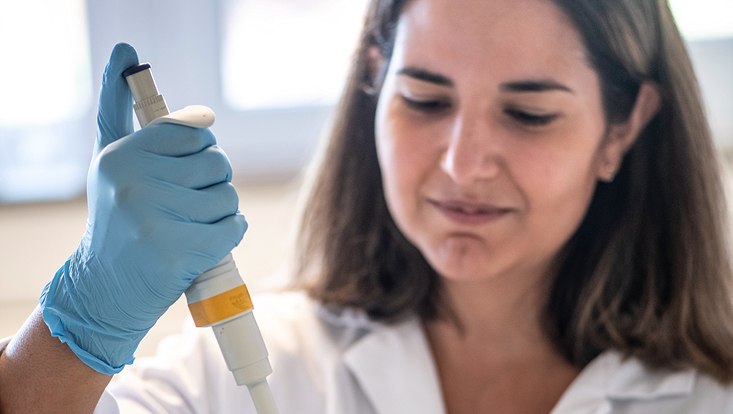Evolutionary Immunogenomics
Welcome!
The Research Unit for Evolutionary Immunogenomics explores questions about the relevance of genetic diversity in the context of health and disease:
- How and why do individuals differ in their susceptibility to disease?
- What is the consequence of our adaptation to certain parasites for our susceptibility to other parasites, and how do parasites in turn adapt to our immune system?
- To what extent did past diseases (e.g., historical pandemics) affect the evolution of our immune system and our health today?
- What trade-offs exist between immunity to infectious diseases and susceptibility to autoimmune diseases?
- What can we learn from evolution for our understanding of today's diseases and potential therapies ('evolutionary medicine')?
Evolution of genetic diversity
Coevolution between hosts and their parasites is considered one of the most important drivers for the evolution of genetic diversity. Selection by parasites leads to adaptations in the host's immune system, which in turn drives adaptations of the parasites. Due to various trade-offs in our immune system, this never-ending dynamic does not only affect our susceptibility to infections, but also impacts other areas of the immune response, such as the risk for autoimmune diseases.
Adaptive immune system of vertebrates
A particular focus of our work lies on the adaptive immune system that is common to all vertebrates, especially the major histocompatibility complex (MHC), which plays a special role in antigen recognition. In our research, we use both molecular and experimental methods as well as bioinformatic approaches to investigate the functional diversity of the MHC from the sequence level to genomic organization and protein structure. As model organisms for our research we mainly investigate the three-spined stickleback (Gasterosteus aculeatus) and humans (Homo sapiens).
Heisenberg Professor
As a Heisenberg Professor, Tobias Lenz is directly supported by the German Research Foundation (DFG). Link to the Heisenberg program of the German Research Foundation.





